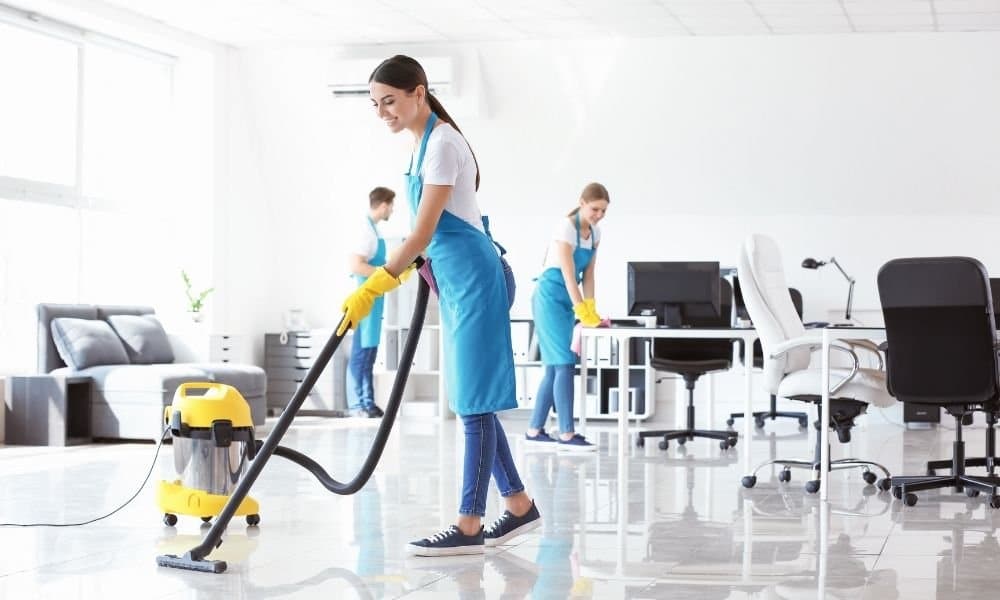In today’s fast-paced professional environment, maintaining a clean and organized workspace is more crucial than ever. Not only does a tidy office space enhance productivity and focus, but it also contributes to the overall well-being of employees. From reducing stress levels to minimizing the risk of illness, a clean workspace can significantly impact team morale and efficiency. As businesses continue to adapt to remote and hybrid work models, understanding the importance of cleanliness in various types of workspaces becomes increasingly relevant.
This article delves into the significance of workspace cleaning, offering practical tips and strategies for creating a sanitary and motivating work environment. Whether you’re managing a corporate office, a co-working space, or a home office, effective cleaning practices can lead to a more enjoyable and productive workspace. Join us as we explore the benefits of workplace cleanliness and provide actionable advice to help you achieve a cleaner, healthier atmosphere for yourself and your team.
Benefits of a Clean Workspace
A clean workspace not only fosters a healthier environment but also enhances productivity by reducing distractions. When employees are surrounded by clutter, it can lead to increased stress and decreased efficiency. Regular cleaning practices, such as decluttering desks and sanitizing common areas, can significantly improve focus and clarity of thought. Additionally, a hygienic office can minimize the spread of illness, thereby reducing absenteeism and increasing overall team performance. The connection between cleanliness and workplace morale cannot be understated; a tidy environment signals care and professionalism, which in turn boosts satisfaction and motivation among employees.

Actionable Cleaning Strategies
Implementing effective cleaning strategies is key to maintaining a healthy workspace. Start by establishing a regular cleaning schedule that includes daily tidying of desks, weekly deep cleans, and monthly audits of supplies and equipment. Encourage employees to take personal responsibility for their own workspace cleanliness to create a culture of accountability. Moreover, consider investing in cleaning services or tools that can help maintain hygiene, revealing how cleanliness can actually serve as a competitive advantage in business. For further insights on this topic, be sure to explore the website for strategies used by high-performing organizations.
In conclusion, a clean and organized workspace plays a vital role in fostering productivity, enhancing employee well-being, and promoting a positive organizational culture. By understanding the powerful effects of cleanliness, businesses can create environments that not only support their team’s health but also optimize performance and collaboration. Adopting practical cleaning strategies, encouraging collective responsibility, and prioritizing hygiene will lead to a workspace that inspires creativity and focus. Ultimately, the commitment to maintaining a clean work environment reflects a company’s dedication to its workforce and can significantly contribute to long-term success and employee satisfaction.